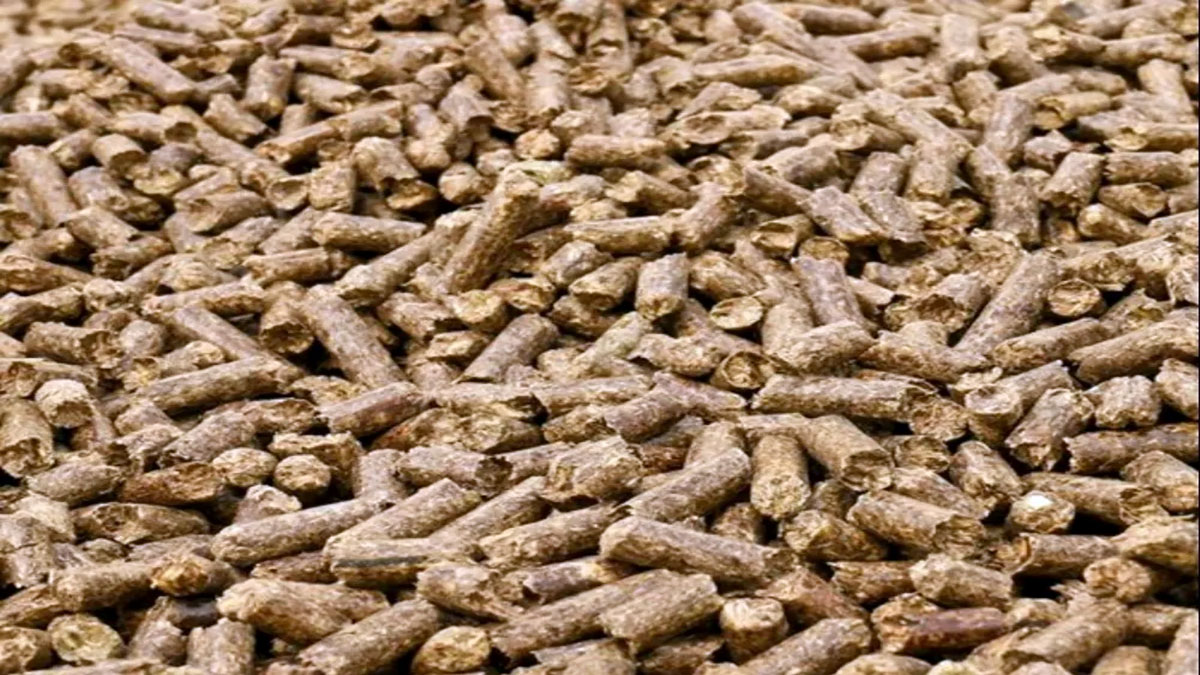The report titled “Smallholder Farmers and Climate Change – Voices from the Field” is a collaborative effort between The Rockefeller Foundation and The/Nudge Institute. It focuses on the impact of climate-related challenges on smallholder farmers in six states in India: Madhya Pradesh, Maharashtra, Karnataka, Haryana, Telangana, and Andhra Pradesh. The aim of the report is to assess the challenges faced by smallholder farmers due to climate change and identify opportunities to build climate resilience.
The key findings of the report are as follows:
- Top challenges: Smallholder farmers identified variability in rainfall and the rise of pests and diseases as their top challenges in farming.
- Increase in pests and weeds: 74% of smallholder farmers reported an increase in pests, and 77% reported an increase in weeds.
- Increase in chemical usage: The incidence of spraying pesticides and the usage of chemical fertilizers has more than doubled for 76% and 54% of small farmers, respectively. This increase in chemical usage has both positive and negative effects on crop yield and soil health.
- Adoption of farming practices: Over 60% of smallholder farmers are aware of and actively implementing practices such as crop rotation and farm manure to improve soil health. Additionally, three out of five smallholder farmers are utilizing weather information to plan their farming activities.
- Impact on labour and income: Farmers are spending less time on farming due to advances in farming technology. For example, women are doing less back-breaking weeding work due to the use of weedicide, and men are spending less time due to the use of tractors. This has allowed them to engage in other income-generating activities such as dairy farming and wage labour.
The report defines smallholder farmers as those who possess 1-2 acres of irrigated land or 3-7 acres of rain-fed land, making agriculture their primary occupation. The research focuses on farmers who own the land they cultivate, excluding those who work on the land but do not own it. The report also includes perspectives from spouses who work on the farm but are not legally considered smallholder farmers.
The Rockefeller Foundation aims to integrate the findings of the report into its work on testing and scaling regenerative and nourishing food systems in India. The foundation also aims to elevate the experiences of smallholder farmers to policymakers and leaders in farming, business, and science-based organizations.
The report highlights the need for targeted solutions and interventions to support smallholder farmers in India, considering their unique challenges and the impact of climate change on their livelihoods. It emphasizes the importance of building resilient and sustainable food systems that support the livelihoods of millions of smallholder farmers.
The findings of the report call for the involvement of formal sector and agritech companies in targeting smallholder farmers and developing solutions tailored to their needs. The research aims to prototype, propagate, and proliferate solutions for smallholder farmers, including identifying interventions, developing business models, and scaling up efforts.
Overall, the report provides valuable insights into the challenges faced by smallholder farmers in India due to climate change and highlights the importance of supporting these farmers to adapt and thrive in the face of these challenges.












